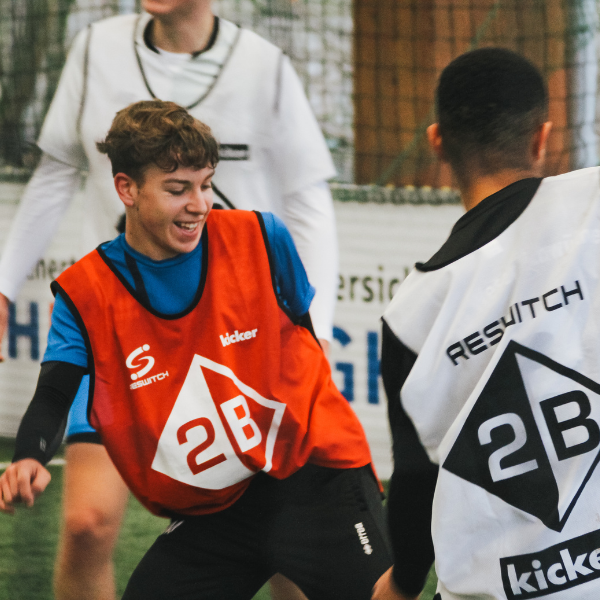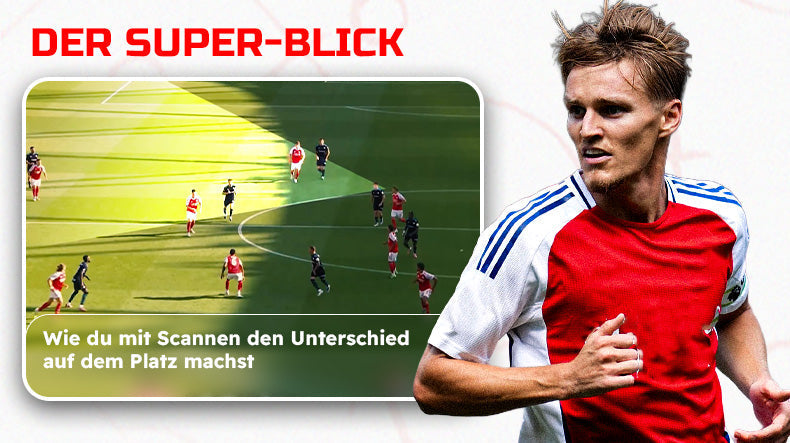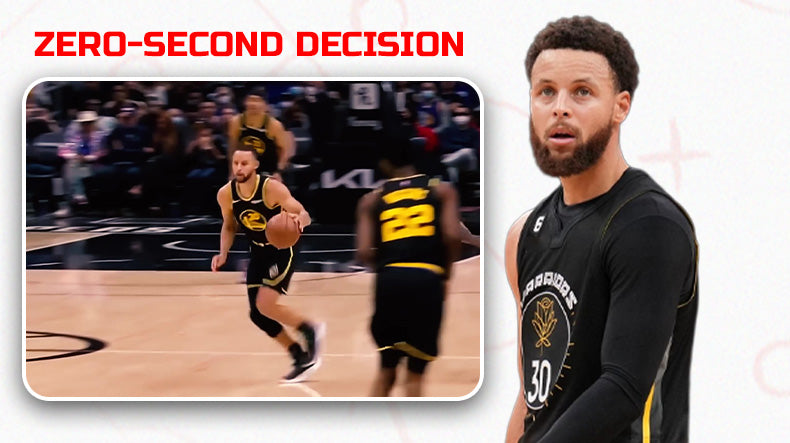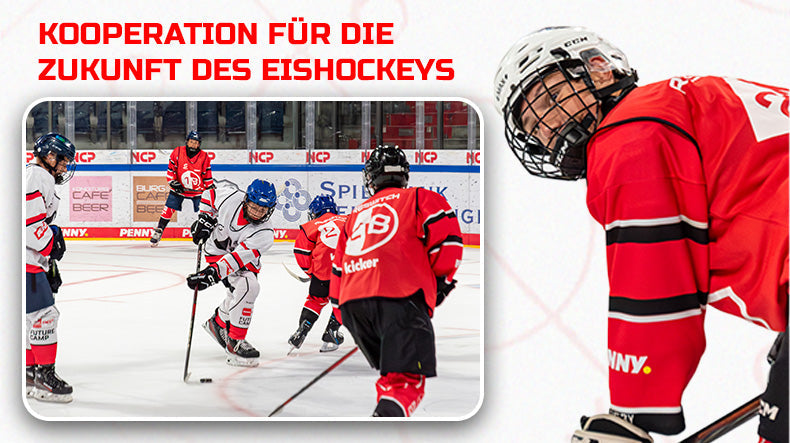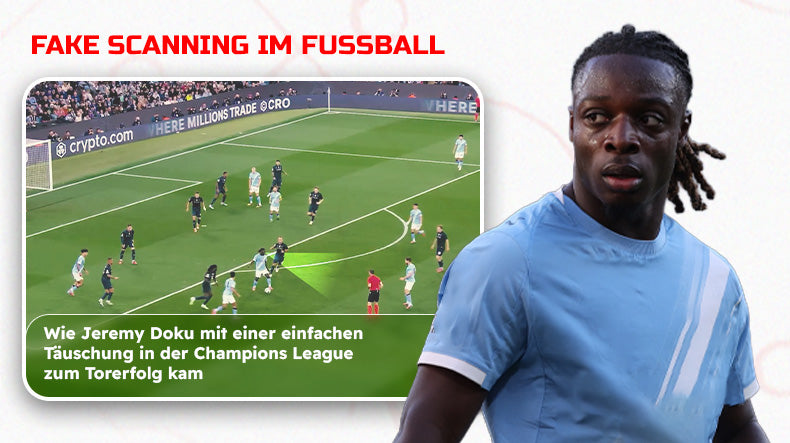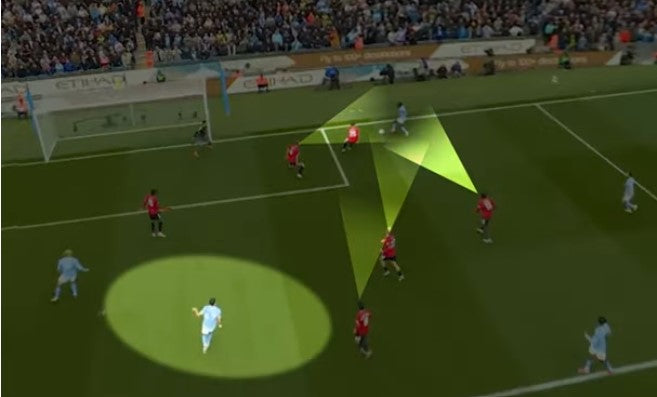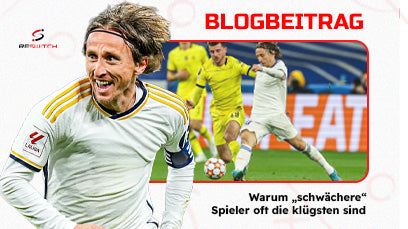The professional handling of exceptional players like Mbappe and Neymar!
They solve 1 vs 3 situations, play impossible passes through the interface, dribble past several opponents at speed, drive opponents to despair, play with courage and risk, score the decisive goal in the last minute and simply stand out in the team with their technical qualities.
The exceptional players are admired by spectators, teammates and opponents, scouts and coaches for their performance on the pitch! But who are these exceptional players and why don't we have more of them?
Every coach can count themselves lucky to have such an exceptional player in their team and to be able to improve him further. You certainly have one who stands out with his qualities. But first you have to correctly identify a player's qualities. There are players about whom we coaches have different opinions when it comes to their qualities. Why are the opinions different? Because different coaches have different ideas about football and therefore different demands on the players. But everyone recognizes the one TOP player. The one who makes the difference, the one you want for your team.
Let's assume you have this exceptional player in your team. One with street football qualities. In our ideal scenario, these are also the players who have an outstanding personality and are tactically at their best. If you really have someone like that, call me, I would like to meet the player personally! Sometimes, however, the players with exceptional qualities are not the easiest for the coaches. Let's take a look:
tactics
Exceptional talents often have their strengths in attack. They create special situations. In defense, coaches demand absolute discipline in the respective tactical instructions and this is where creative players often fall through the cracks. What must not happen now is to force the player into a rigid concept, as this may help with basic defensive stability, but it suppresses creative thoughts. Of course the result of the game is important to you, but it is even more important that solutions are found that combine both things, because cooperation is extremely productive.
Technology
Exceptional players often have outstanding technique, which they use correctly depending on the situation. In purely technical exercises, these technical sequences may not look so clean. In the game, the player finds the right action intuitively, but in the exercise he thinks too much about the right sequence. Of course, coach him so that he gets better, but also be aware that the right sequence of movements in an exercise is not as important as the right sequence of movements under time, opponent and spatial pressure.
Games and exercises
By now it should be clear to us what the creative player loves more. Competitions, pressure situations, challenges in game forms should generally have a very high priority in training. Here too, you can challenge your creative player individually by using further provocation rules such as: play with at least 3 contacts, no cross passes, "play and go" as a requirement in the final third.
discipline
It is also possible that creative players have a mind of their own and can be noticed for their lack of discipline. Coaches must teach these players discipline. However, this should be within a jointly defined framework within which the player is allowed to move. A distinction must also be made between obedience and self-discipline. While the former is compliance or even drilling, which also restricts players and can even lead to a bad mood in the team, the coach should teach self-discipline. To do this, the coach can find out what the player's goals are in a conversation. By making the player aware of the goals and with the support of the coach, the player can learn self-discipline if he really wants to achieve his goal.
There are certainly other exciting points to consider when working with an exceptional player, but I would like to briefly focus on the coach again here:
- The (potential) exceptional player in your team may be the smallest. Rely on him instead of physically strong but less good players.
- As a trainer, you must have the foresight to know which measures will encourage creativity and which will kill it.
- A coach is also an educator. Establish a framework of discipline and work out the player's goals to develop his self-discipline.
- Creative solutions increase the risk of mistakes. Allow them to happen, correct them and show alternative solutions.
Exceptional players need the trust that they can "just do what they want" on the pitch. Give them freedom, because that's how they get better. That doesn't mean you shouldn't coach them, but rather show them other options. We need creative players, so demand creativity. It will take you, your team and your exceptional player further!
Have fun in the next training!
Your Tammo
Author: Tammo Neubauer




